The latest generation consoles, notably the Sony PlayStation 5 and the Microsoft Xbox Series X|S support high-speed storage solutions like PCIe Gen4 NVMe. This has pushed gaming to a whole new level. The PlayStation 5 has a generic PCIe x4 slot that allows users to plug in any SSD up to the M.2 2280 form factor. Jumping into this freedom of customisation, companies have started to come up with custom made solutions to suit the console the best. MSI’s latest offering is one such product.

MSI’s new offering is a part of their Spatium lineup of their SSDs. It is a slightly modified version of the M480 drive which launched recently. MSI has taken their already proven formula and optimized it to best suit the console’s specs and requirements. On paper, the drive has some impressive specs. Let us have a look at them.
Model NameSpatium M480 PCIe 4.0 NVMe M.2 PlayAvailable Capacities500 GB, 1TB, 2TB, 4TBRated Endurance1400 TBWInterface / ProtocolPCIe Gen4 x4 / NVMe 1.4Transfer Speeds (Read / Write)7000 Mbps / 6000 MbpsPrice (2TB variant)US$ 330MSI was kind enough to send over the 2TB variant of this drive for review. So, we will test it thoroughly in this article.
Unboxing
The SSD comes well packaged in a black box. The box mentions the specs of the drive, and it also states that it is “PS5 Compatible”.

We find the SSD well protected inside. It also has a caution sticker warning users to not try to open the heatsink. Overall, the unboxing experience is quite well done. We are impressed with it.


Components
Taking the heatsink off the drive was a bit of a struggle because MSI did not design it to be removable. The SSD is meant for console players, and the company has done their best to ensure good compatibility and performance without any hassle.

Thermal Gum Residues on the Spatium M480
After taking the heatsink apart, we see that MSI has used thermal glue in place of opting for the more convenient thermal paste or thermal pad solutions. Thermal glue also acts as an adhesive atop the thermal conductivity it comes with. This helps in keeping the heatsinks tightly attached to the drive, thereby making it easier to use.
MSI has not cheapened out on the quality of the components being used inside. We see a high-quality Phison PS5018-E18 controller, which is built on TSMC’s 12nm node. This is their latest Gen4 controller which is capable of sequential read and write speeds of up to 7400 Mbps and 7000 Mbps respectively. This drives almost maxes out on this controller’s potential.

MSI has opted for eight of Micron’s 176-layer 3D TLC IA7BG94AYA flash modules. Each of these modules is of 256GB capacity and this amounts to the total 2TB capacity of this drive.

MSI is also using two SK Hynix H5AN8G6NCJR-VKC DRAM chips. These chips are DDR4-2666 MHz rated.
Model NameSpatium M480 PCIe 4.0 NVMe M.2 PlayAvailable Capacities500 GB, 1TB, 2TB, 4TBUsable Storage (on the 2TB Variant)1863.01 GBForm FactorM.2 2280Rated Endurance1400 TBWInterface / ProtocolPCIe Gen4 x4, NVMe 1.4ControllerPhsion PS5018-E18Flash8x Micron 3D TLC IA7BG94AYADRAM2x SK Hynix H5AN8G6NCJR-VKCFirmwareEIFM31.4The drive can also be used PCs, and we highly rate this flexible feature.
Test Bench

The test bench we are using is a modest setup. Also, all the numbers in this review were taken by plugging the SSD into the PCIe Gen4 capable M.2 slot of the B550 Tomahawk. The photo attached above is for representation purposes.
Benchmark Results
We tested the SSD in several benchmarks, and are genuinely amazed by the performance metrics. Let us look at the results below.
Anvil’s Storage Utilities Benchmark
We ran three passes of the Anvil Storage Utilities benchmark and averaged the values for a final result. These final values are listed below.
TestRead/WriteMB/sIOPSSequential 4MBRead4,980.581,245.14Sequential 4MBWrite5,627.311,406.83Random 4KRead76.4019,558.81Random 4KWrite230.4058,981.14Random 4K w/ 4 access threadsRead288.5473866.42Random 4K w/ 4 access threadsWrite681.78173,870.56Random 4K w/ 16 access threadsRead949.39243,044.58Random 4K w/ 16 access threadsWrite1711.08438,036.07
AS SSD Benchmark
Just like Anvil, we ran three passes of the AS SSD benchmark, and averaged out the values. We got an average read score of 3115.67 and an average write speed of 3473.67. This brings us to an overall average score of 8196.33. The detailed results are listed below.
TestRead/WriteMB/sSequentialRead5723.31SequentialWrite5738.06Random 4KRead96.57Random 4KWrite214.25Random 4K w/ 64 access threadsRead2446.85Random 4K w/ 64 access threadsWrite2685.63ATTO Disk Benchmark
Just like the other benchmarks on this list, we ran three passes of ATTO. The performance is quite consistent starting from file sizes as small as 128KB up to 64MB data chunks.



CrystalDiskMark Benchmark
CrystalDiskMark shows that the SSD delivers more performance than advertised. While testing the drive’s sequential speeds (1 Mebibyte data chunks with 8 tasks on thread 1), we see the drive deliver over 7300 MB/s speeds on average. The write speeds also regularly crossed the 6800 MB/s mark. In contrast, MSI’s advertised numbers are 7000 MB/s sequential read speeds and 6000 MB/s sequential write speeds.
We ran three passes of the test. The detailed results are listed below.
5x 1GiB data chunks

9x 64MiB data chunks

We see that the performance levels with large and small data chunks are almost the same. The differences are within the results’ margin of error. This resonates with the quality of the controller on board.
Overall, the performance is very impressive. This drive packs quality hardware in it, and that reflects in these stress test results.
Value
The 2TB drive which we tested is priced at around US$330. This makes it a bit costlier than some of the competitors like the Sabrent 2TB Rocket 4 Plus (US$ 310), the Samsung 980 Pro SSD 2TB (US$ 280), and the WD Black 2TB SN850 (US$ 300). MSI sells the PlayStation edition at the same price as the HS edition, which is meant for PC users.
Although the Spatium M480 Play drives have a different target audience, one that is almost untouched, the price hike is justified as the drive over-delivers. It also has a higher endurance (1400 TBW) as compared to most other drives which top out at 1200 TBW to 1300 TBW.
SSD NamePrice per TBPrice per GBMSI Spatium M480 2TB PlayUS$ 165US$ 0.18MSI Spatium M480 2TBUS$ 165US$ 0.18Sabrent 2TB Rocket 4 PlusUS$ 155US$ 0.17Samsung 980 Pro SSD 2TBUS$ 140US$ 0.15WD Black 2TB SN850US$ 150US$ 0.16Conclusion
For PS5 users, this drive will be a beast of an upgrade as it manages to beat the in-built SSD by a huge margin. And, since it is compatible with PCs too, the M480 will make for a low-profile alternative to the similarly priced Spatium M480 non-”Play”. But, we do not recommend this drive to PC users because the heatsink cannot be taken off. It might destroy the aesthetics of your build in case you have an M.2 Armor on your motherboard.
Although the Spatium M480 2TB Play is a bit costlier, we are thoroughly impressed by its performance levels. This drive over-delivers, and we get numbers that are much higher than what MSI advertised. It also packs some of the latest high-end hardware like DDR4-2666 DRAM, and one of Phison’s latest Gen4 controllers, making it one of the best choices if you have the cash to spend on an SSD. We are awarding this drive a Hardware Corpus Gold award.

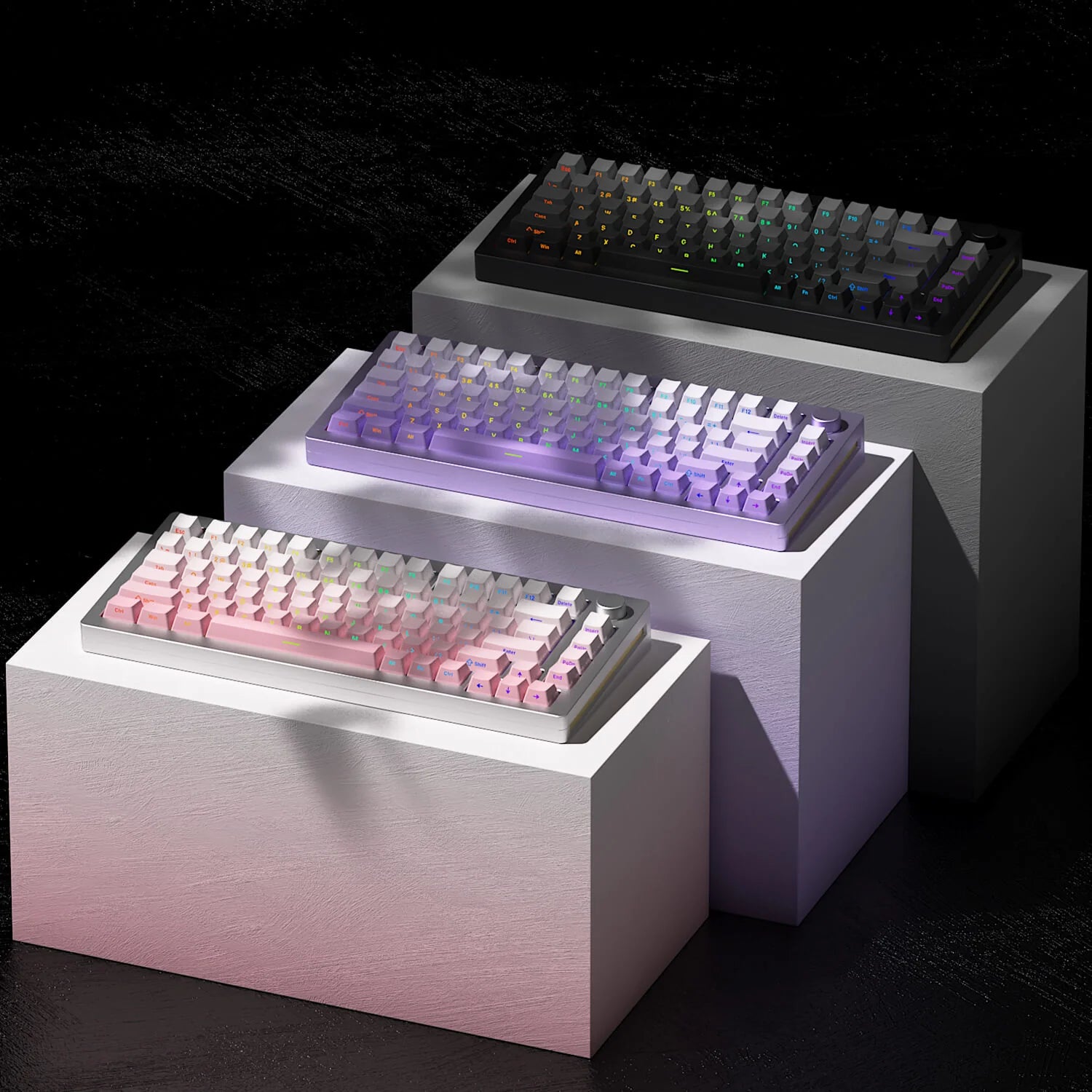
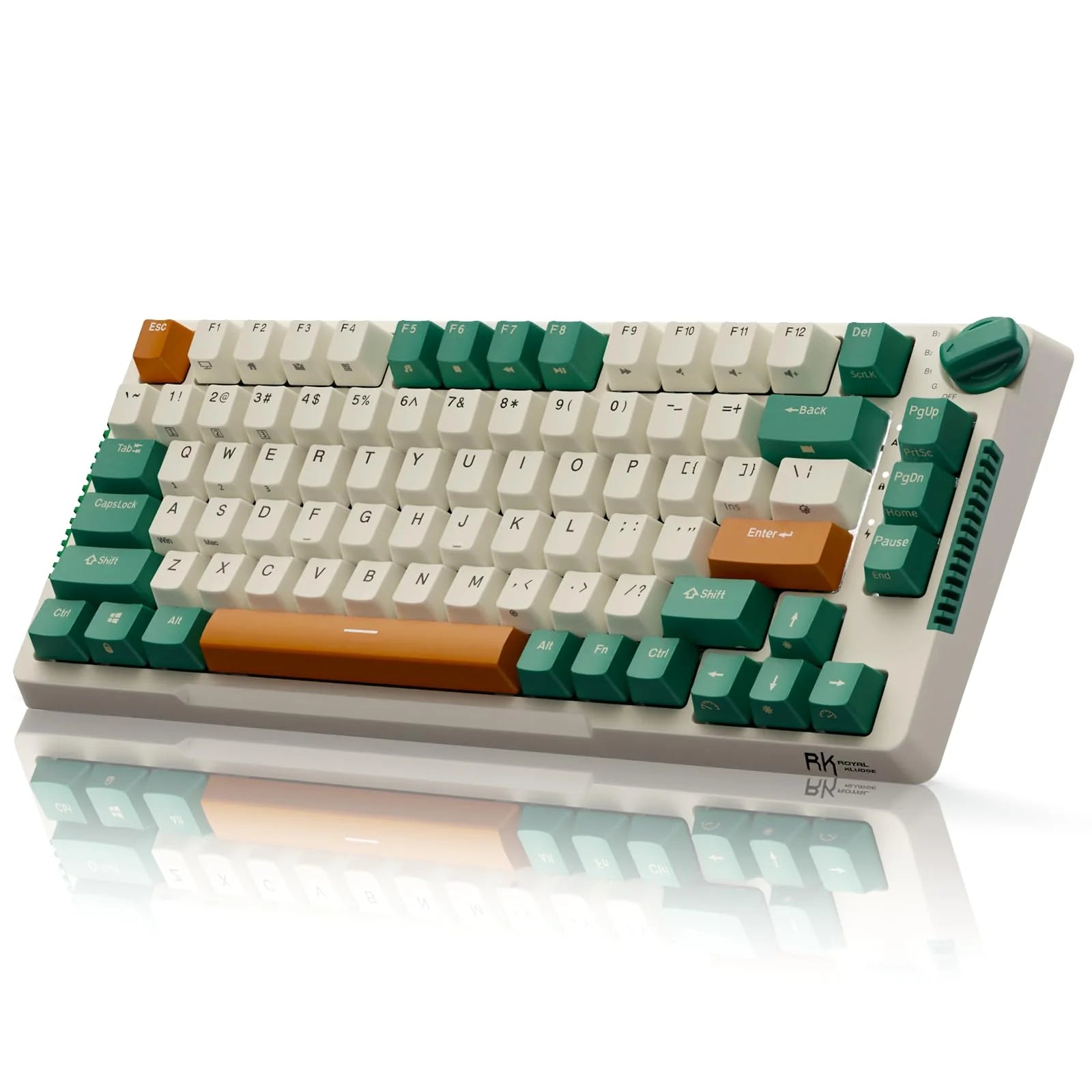
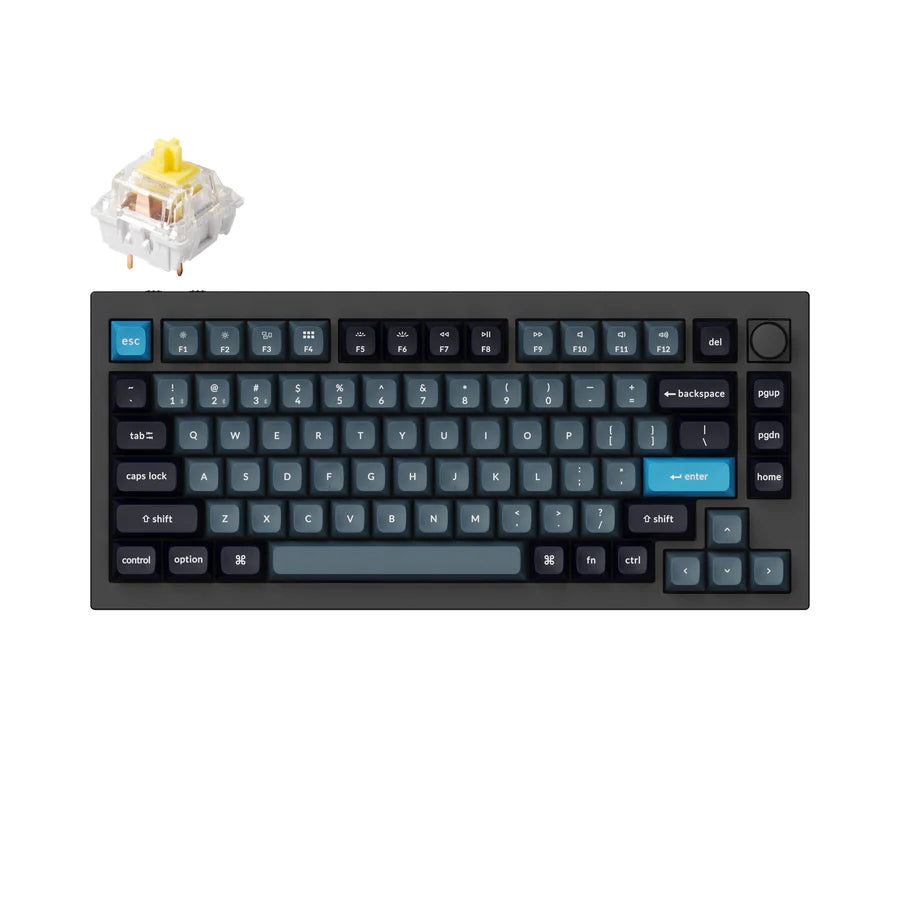
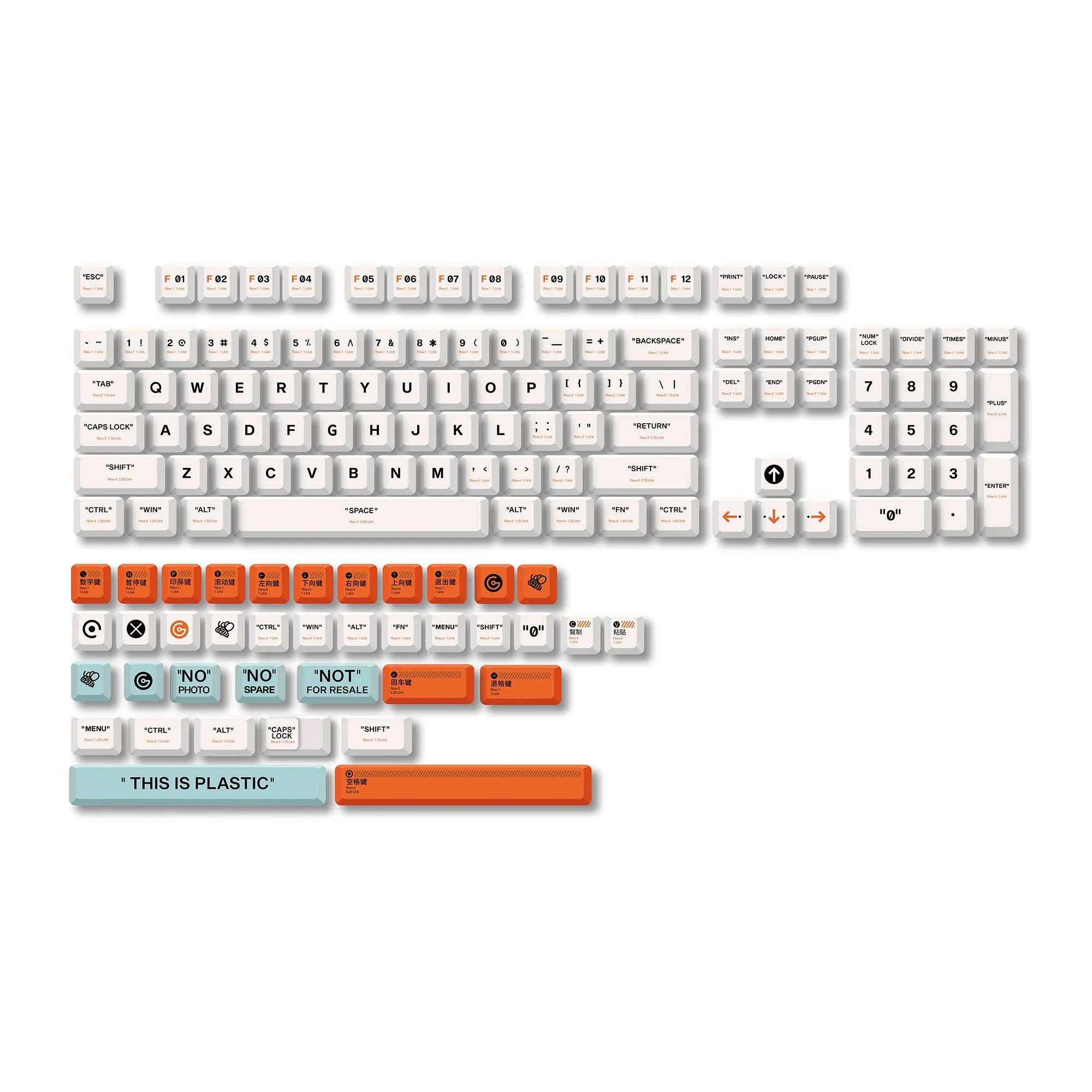
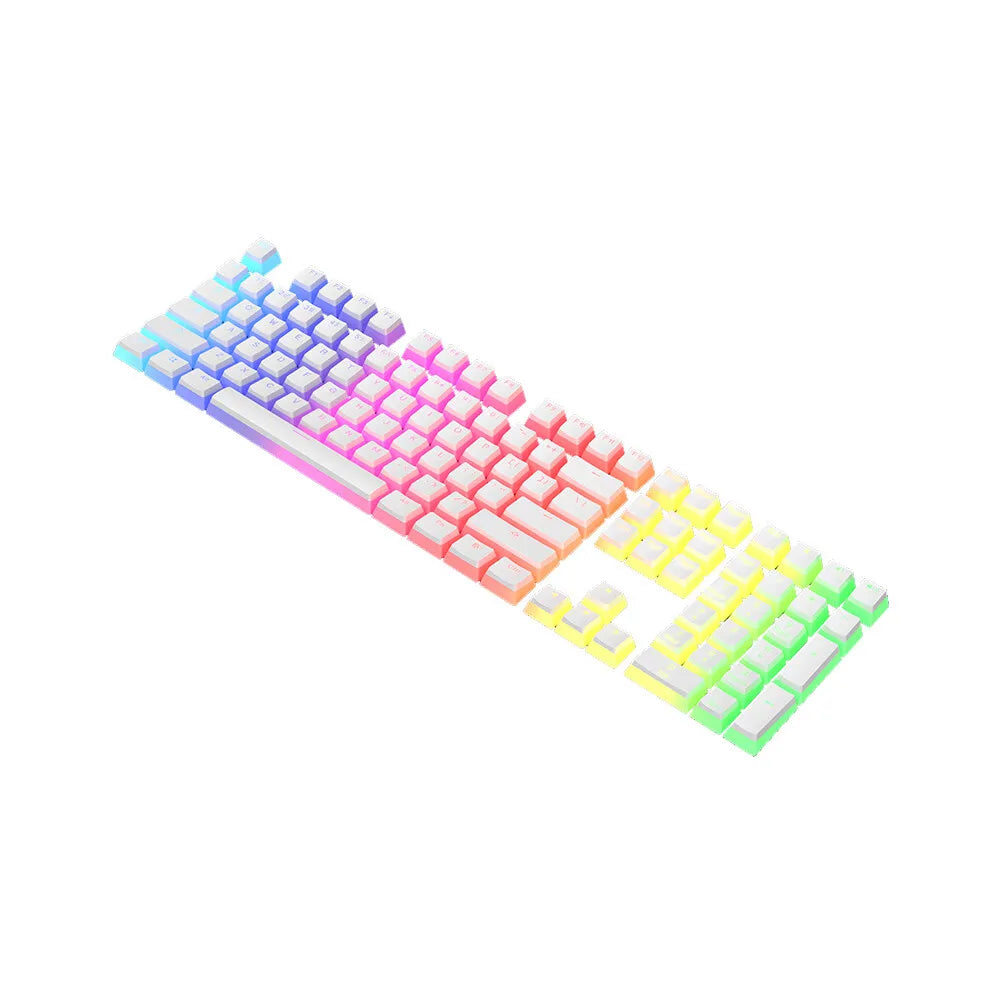
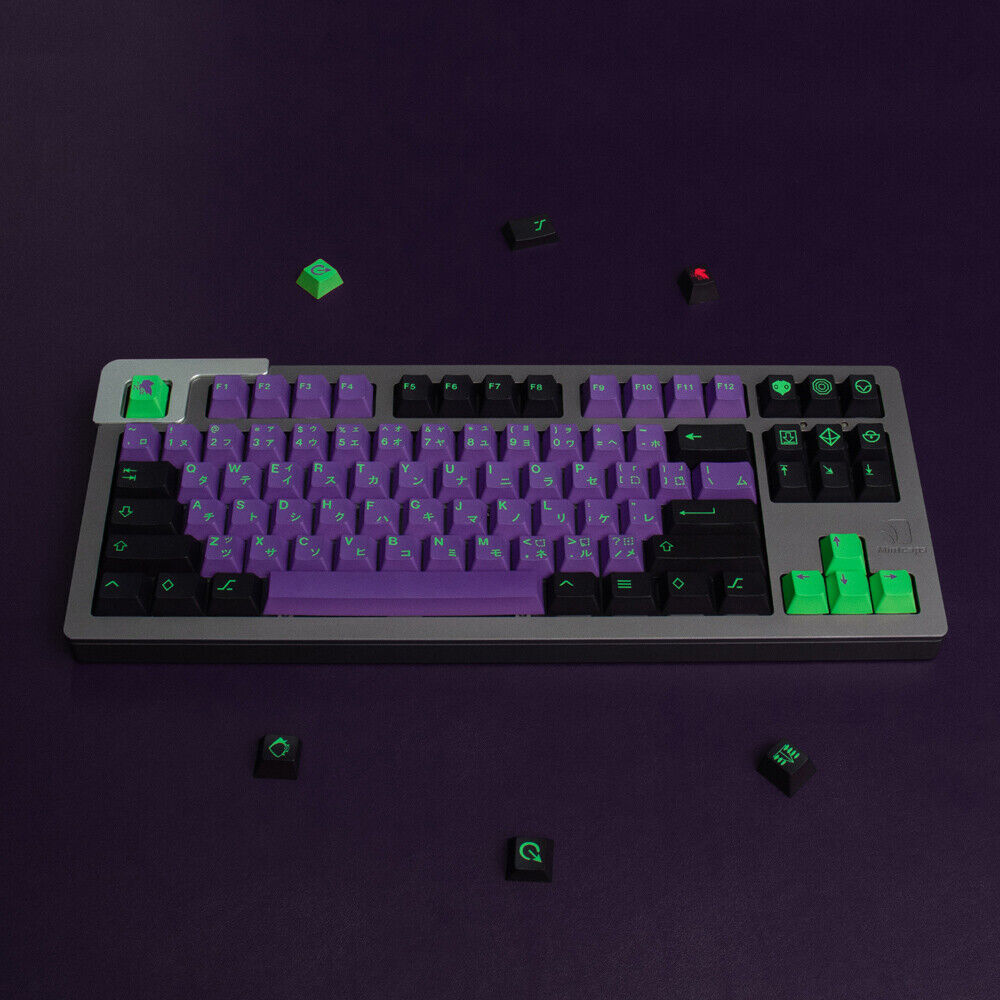
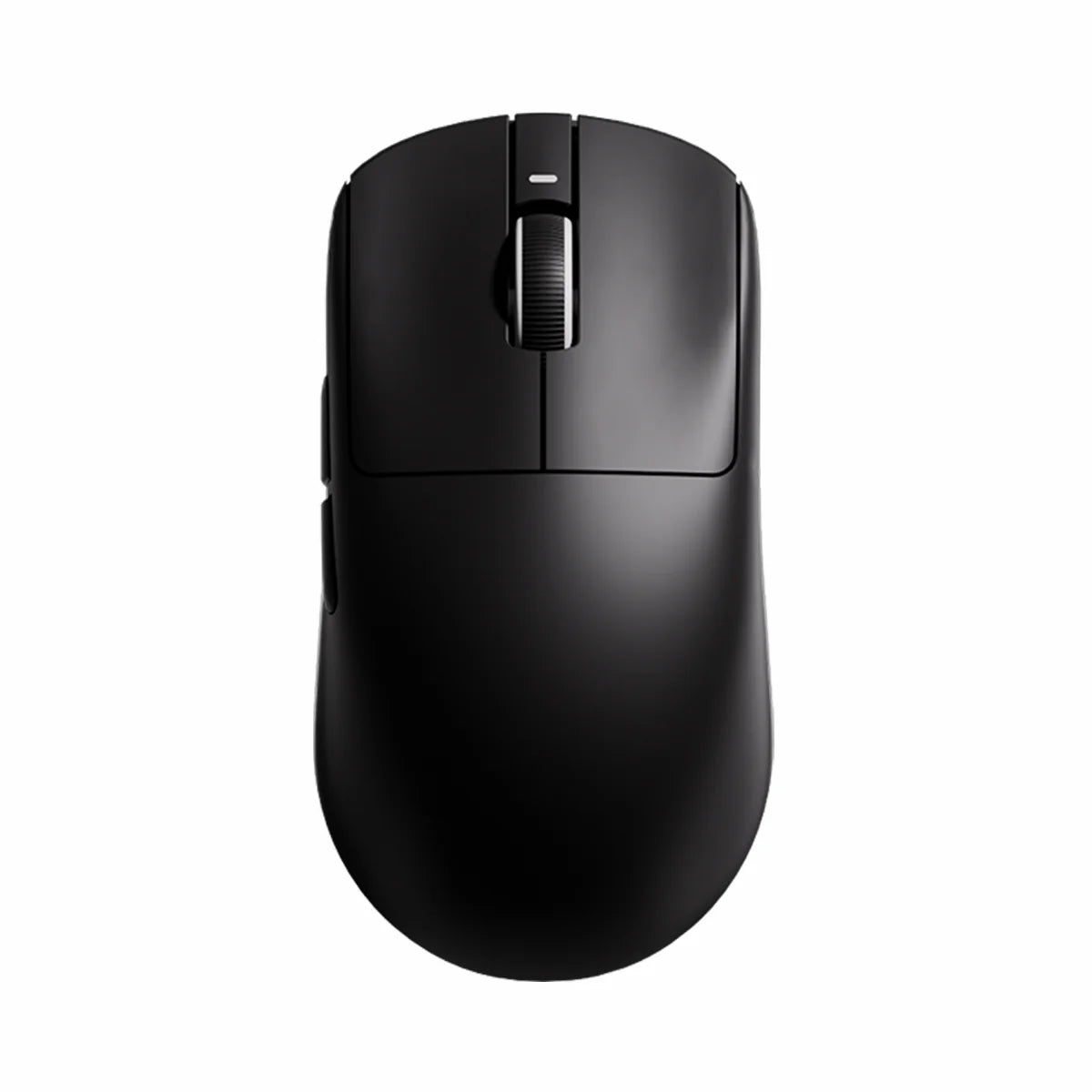
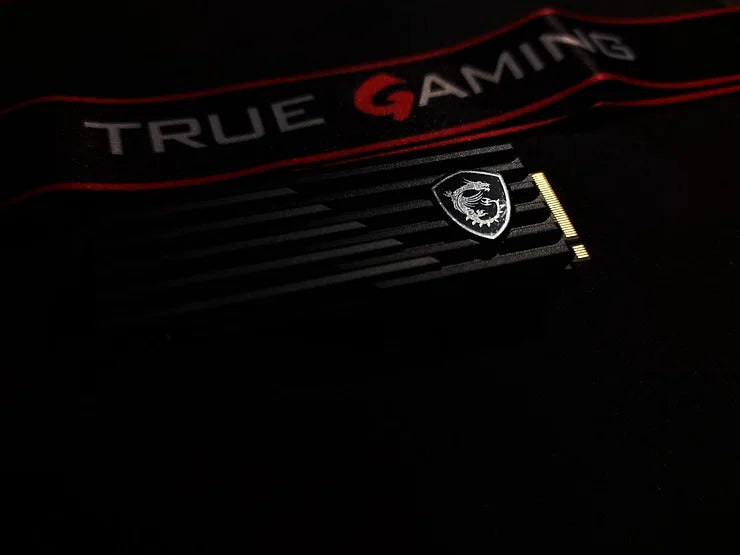

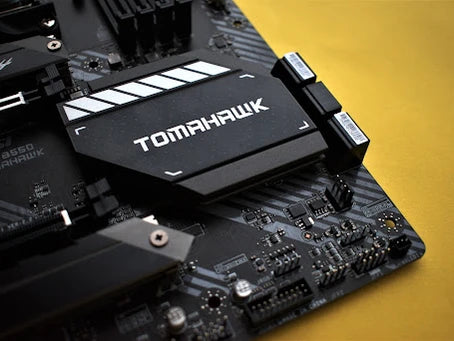
Leave a comment
This site is protected by hCaptcha and the hCaptcha Privacy Policy and Terms of Service apply.